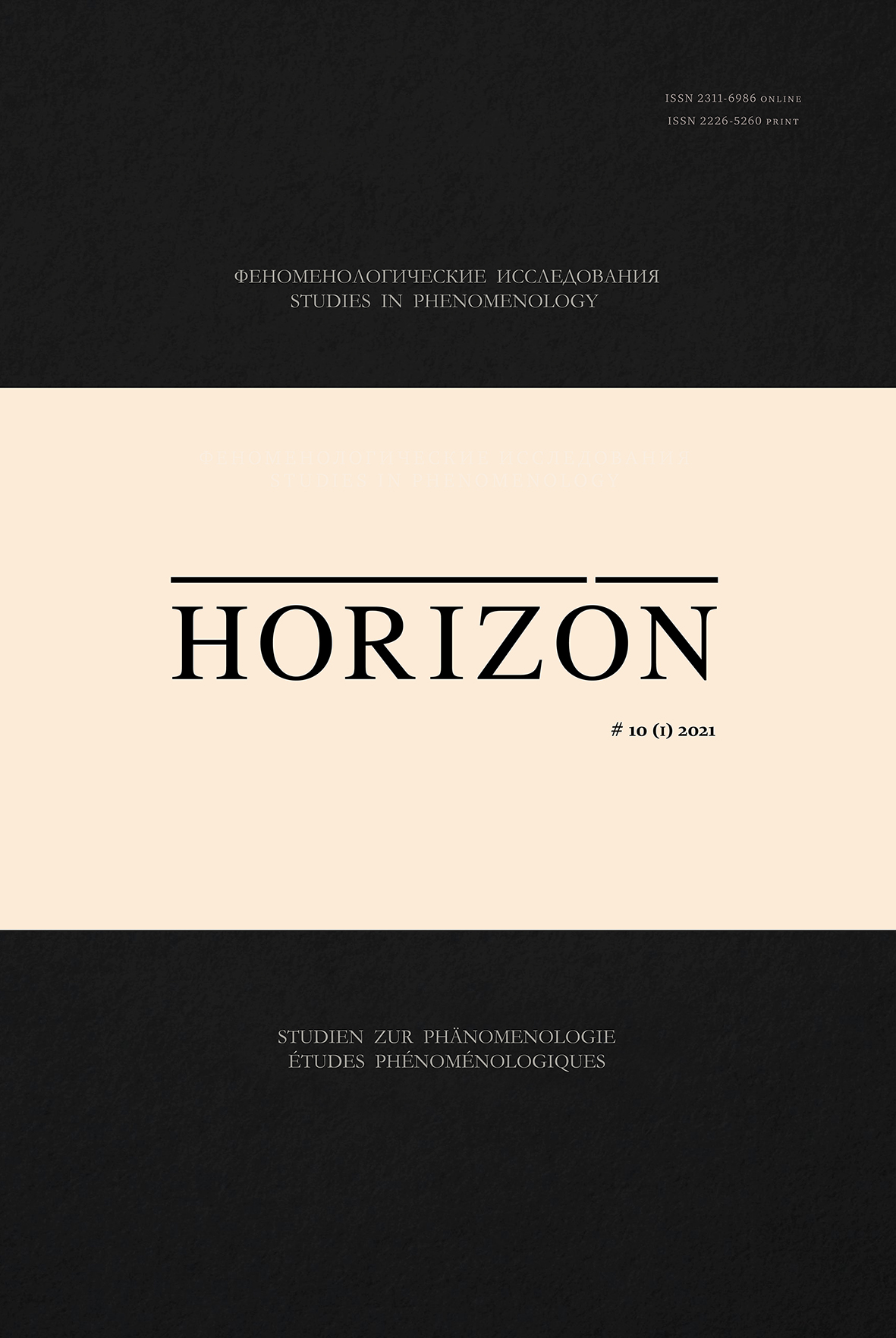Radical demand and spontaneity in K.E. Løgstrup's phenomenological ethics with continuous reference to S. Kierkegaard
Radical demand and spontaneity in K.E. Løgstrup's phenomenological ethics with continuous reference to S. Kierkegaard
Author(s): Velga VevereSubject(s): Philosophy, History of Philosophy, Philosophical Traditions, Ethics / Practical Philosophy, Phenomenology
Published by: Издательство Санкт-Петербургского государственного университета
Keywords: Knud Ejler Løgstrup; Søren Kierkegaard; ethical demand; sovereign expressions of life; spontaneity; interdependence.
Summary/Abstract: Danish philosopher and theologian Knud Ejler Løgstrup (1905–1981) was professor of ethics and philosophy at the University of Aarhus. During his lifetime he published numerous books in phenomenology. In the context of the current article we should mention here Norm and Spontaneity, Art and Ethicsand, the most significant, The Ethical Demand and Controverting Kierkegaard. The purpose of thecurrent article is research the basic notions of his ontological ethics—the ethical imperative (radical,unspoken, one-sided and unfulfillable) and the sovereign expressions of life (trust, mercy, love, forgiveness, open speech, etc.). If the first one regards the demand for unselfish actions of the individual,then the second one—spontaneity and openness towards the other. In order to disclose these notions,the article confronts Løgstrup’s interpretation with Søren Kierkegaard’s (1813–1855) ethical stance,since the concept of sovereign expressions of life was offered to the reader in the book ControvertingKierkegaard. Løgstrup criticizes Kierkegaard for not paying attention to the real life phenomena andconcentrating upon the solely religious self-reflection of the nuclear abstract individual. The articleconsists of introduction, two parts and conclusion. The introduction sets the stage for further investigation giving the historical background, tracing influences by the leading phenomenologists of the 20thcentury (a special role here is assigned to Hans Lipps, Martin Heidegger and Frederic Gogarten). Thefirst part is devoted to the explication of the ethical imperative, while the second part—to the sovereignexpressions of life and human interdependence. The research is summarized in the conclusion, stressing possibility to apply Løgstrup’s phenomenological approach in nursing and psychiatry.
Journal: Horizon. Феноменологические исследования
- Issue Year: 10/2021
- Issue No: 1
- Page Range: 123-139
- Page Count: 17
- Language: English
- Content File-PDF

